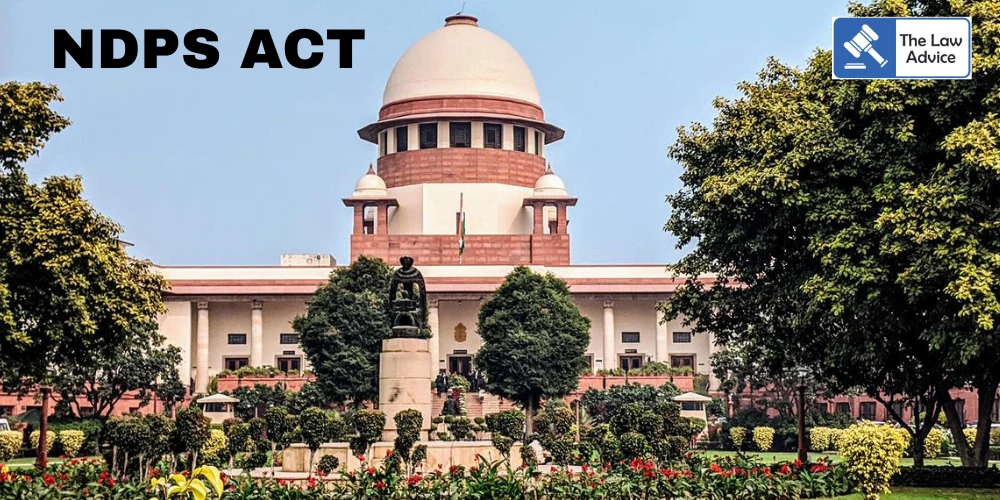New Delhi, July 19, 2025
In a pivotal ruling with far-reaching implications for sentencing under narcotics law, the Supreme Court of India has held that trial courts are not bound to limit themselves to the minimum sentence prescribed under the NDPS Act, even if the aggravating factors listed under Section 32B are absent.
Delivering the verdict in Narayan Das v. State of Chhattisgarh, a two-judge bench comprising Justice J.B. Pardiwala and Justice R. Mahadevan clarified that the factors enumerated under Section 32B are illustrative in nature, and do not restrict the sentencing discretion of trial courts when imposing punishments higher than the statutory minimum.
What the Court Said:
“The presence of circumstances listed in Section 32B is not a precondition for imposing a sentence higher than the statutory minimum under the NDPS Act. The provision merely offers guidance. It does not limit the trial court’s discretion if other relevant circumstances justify a stricter sentence.”
The apex court reiterated that the quantity of the contraband, the role played by the accused, and the larger impact on society are sufficient grounds for a harsher punishment even if the specific factors in Section 32B (like use of violence, involvement of minors, etc.) are not met.
Context of the Case:
In the present case, Narayan Das, convicted under the NDPS Act, challenged his enhanced sentence, arguing that none of the aggravating factors in Section 32B were present, and therefore, the trial court erred in imposing a punishment above the minimum.
The Court, however, noted that commercial quantity of the drug and circumstantial indicators of an organized trafficking effort were enough to justify the trial court’s decision.
Legal Significance:
This judgment provides clarity and flexibility to trial courts handling drug-related offenses. It sends a message that:
• Courts can consider case-specific factors even if they’re not codified under Section 32B.
• The aim of sentencing under the NDPS Act is not just deterrence, but also proportionality and public safety.
Key Takeaways:
• Section 32B is not exhaustive, it’s illustrative.
• Quantity of drugs and nature of operation can be independent justifications for enhanced sentencing.
• Trial courts retain wide discretion to decide appropriate sentences in NDPS cases.
